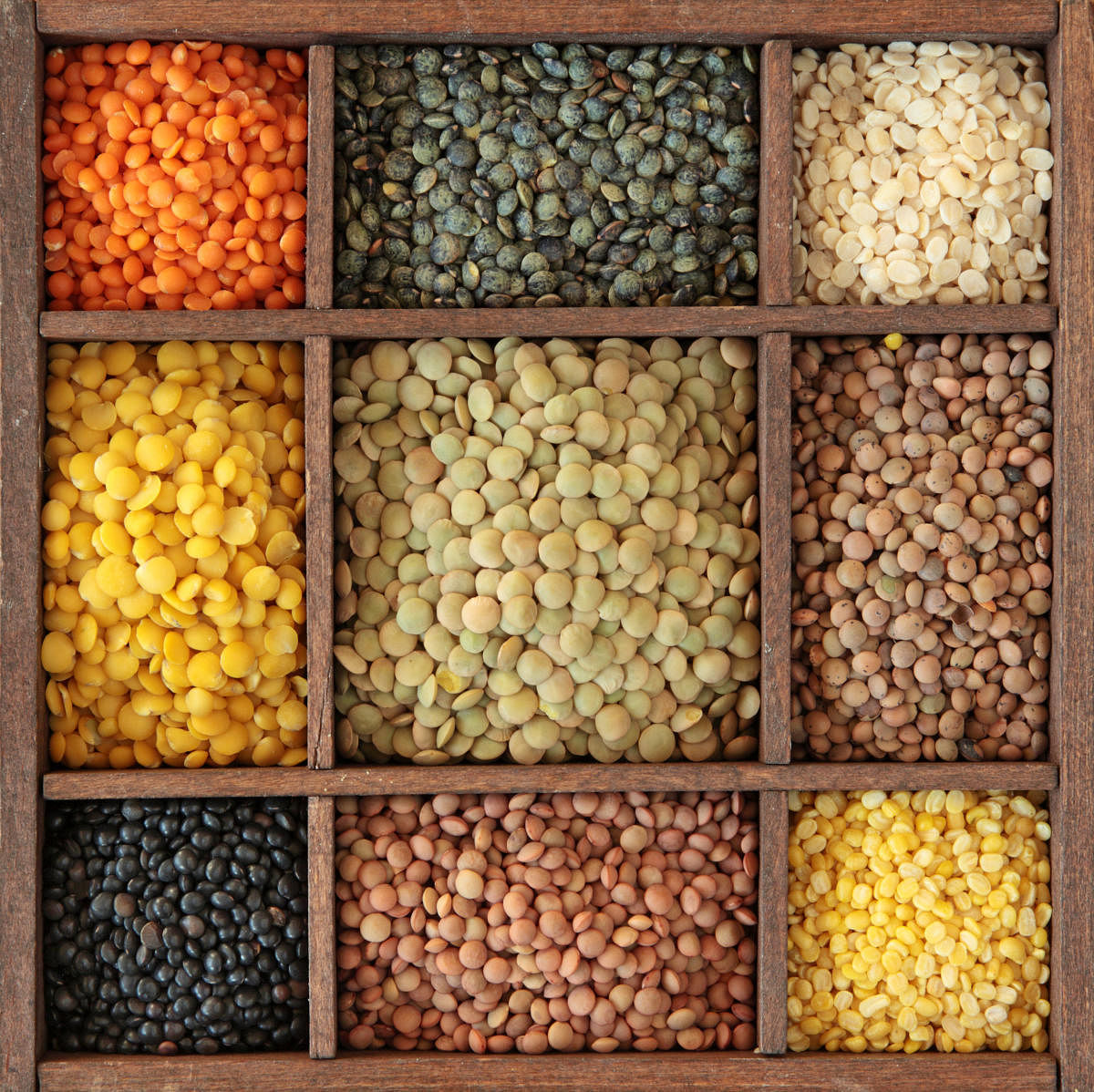
Food writer Vir Sanghvi describes dal as the unifier of all Indian cuisine. And he’s absolutely correct.
Every state in the country has their own versions of dal and their own way of preparing it. To most people, it’s comfort food, especially for Indians living abroad.
Even though the lockdown saw many creative recipes being made at home, many came back to the humble ‘dal chawal’ towards the end of it.
Having said that, many don’t know the difference between the dals and what they are used for.
So let’s break it down and learn about the different dals available at stores.
First, there are two meanings to dal. One is which translates to lentil and another a lentil-based dish.
You’re probably also wondering what the difference between legumes, pulses, lentils and beans are. Well, pulses are basically dried seeds and many of the ones you know are considered legumes, but not all legumes are pulses.
The popular pulses are black-eyed peas, chickpeas and brown chickpeas. You probably know chickpeas with the same kabuli chana, chana or even chole. And brown chickpeas as Bengal gram or even desi chickpeas.
Chana dal
Now, split chickpeas, or commonly known as chana dal, is basically brown chickpeas after you split and
skin it. Besan is chickpea flour.
Whole mung beans
Known as green grams, these make some delicious dal curries. You’ll have to soak these in water for at least half an hour before cooking it. You can soak it for longer and consume it as sprouts.
Yellow lentils
This is the famous moong dal which many use to make the popular yellow dal dish. Some onions, tomatoes, chilli, masala powders and a good tadka for a winning dish.
Pigeon peas
You’ll know this as toor or tuvar dal. This has a sweeter taste than moong dal and it’s recommended to be soaked for a longer time. But dal made out of this goes really well with roti and rice.
Whole black lentils
If you want to make dal makhani, this is what you’ll need. Langar ki dal is also made with black dal.
Skinless black lentils
Urad dal is what you need to make idli and dosa batter. Soak these overnight and grind it with soaked idli rice, methi seeds, water and salt.
Kidney beans
Most of you are already familiar with rajma. It’s had in salads, dal or even Mexican food.
Red lentils
Masoor dal is known to be a rich source of vitamins and other nutrients like magnesium and calcium.
A good trick is to add a bit of moong and masoor dal together and make a curry for tastier results.